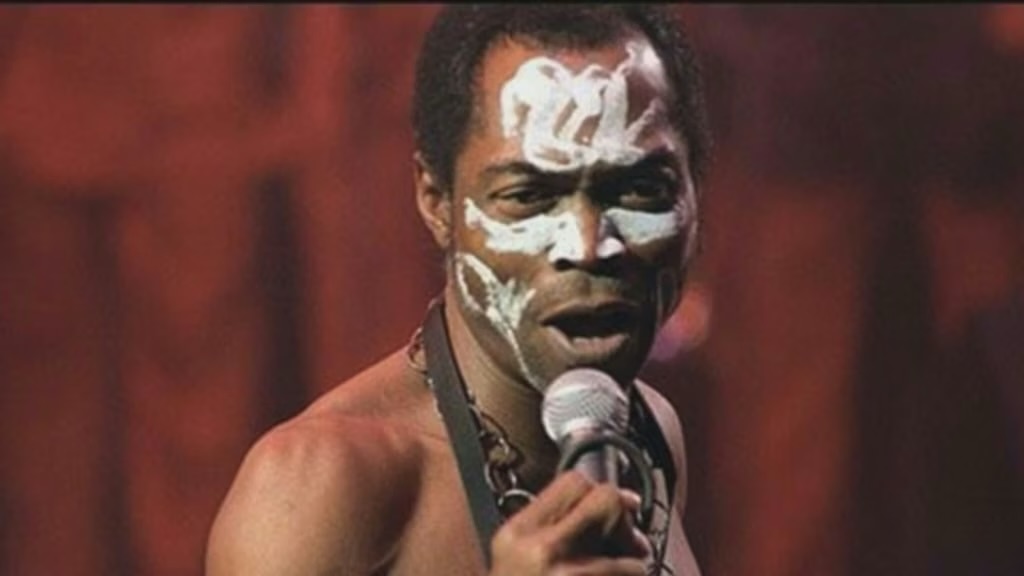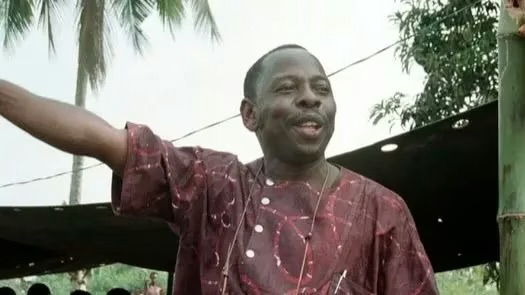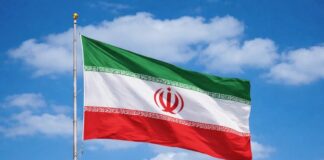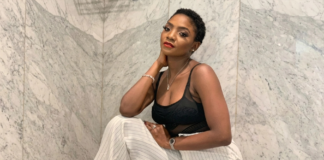In a now-viral video clip, social commentator VeryDarkMan harshly criticized Nigerian superstars Davido, Burna Boy, and Wizkid for showcasing their extravagant multi-billion-naira cars during a time of economic hardship. While millions of Nigerians face soaring inflation, high unemployment, and growing insecurity, VeryDarkMan condemned what he described as flaunting of wealth that is “tone-deaf” to the public’s suffering.
Speaking passionately in Yoruba, he called out the musicians for failing to use their platforms and resources to raise awareness or provide aid, accusing them of prioritizing personal luxury over social responsibility. “When your country is drowning, showing off ferraris and lambos doesn’t help,” he argued, adding that Nigerian celebrities should be part of the solution rather than symbols of detached opulence.
Fans have since responded with mixed reactions across social media. Some defend the artists, pointing to their charitable contributions—such as Wizkid’s scholarships and Burna Boy’s hurricane relief efforts—as evidence of meaningful impact behind the scenes. Others echo VeryDarkMan’s sentiment, insisting that public display of wealth by cultural icons at a time of distress seems disconnected and insensitive.
This confrontation highlights a broader debate in the entertainment world: should high-profile artists refrain from flaunting lavish lifestyles amidst public suffering, or does their private generosity mitigate the optics? As Nigeria grapples with systemic struggles, the controversy forces a reckoning on how celebrity influence should be wielded for social good.





